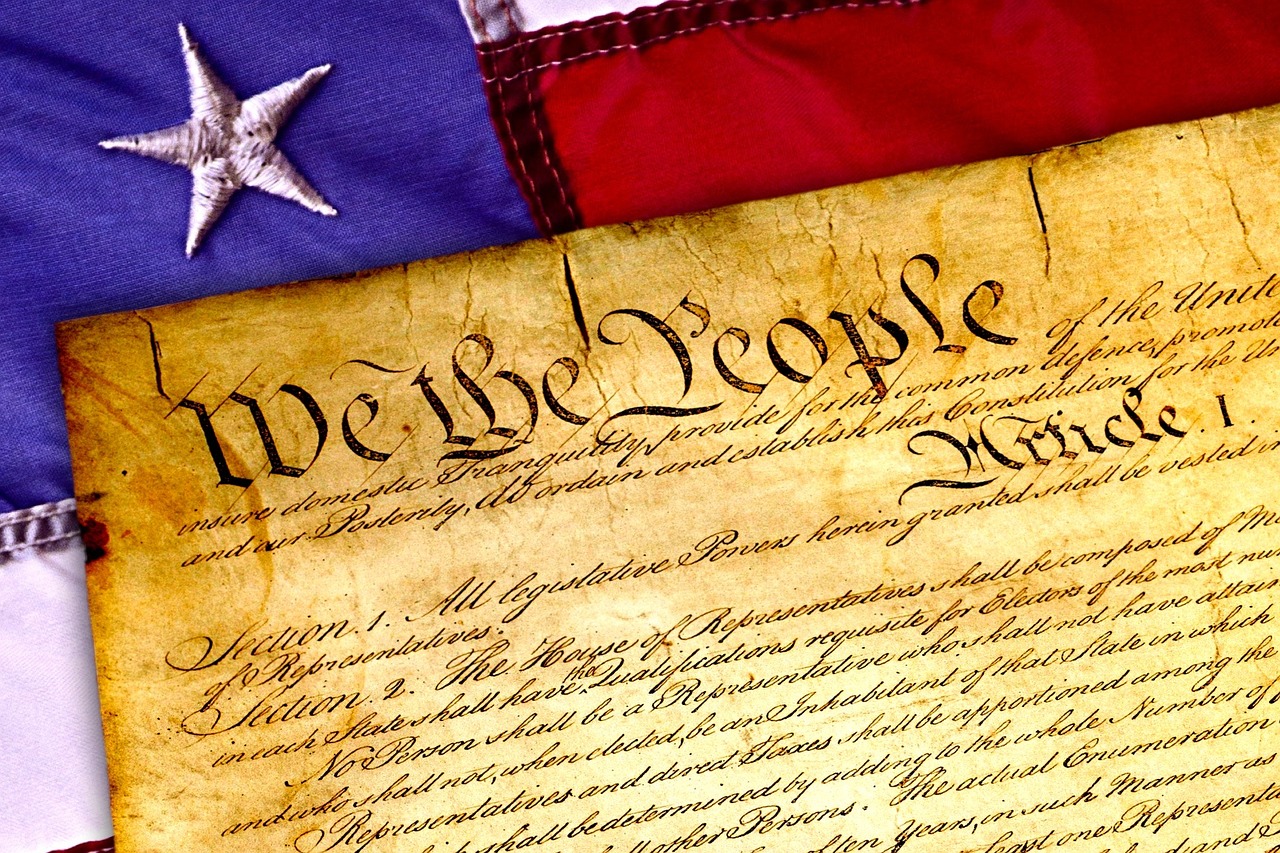
For years, we’ve been taking the young and impressionable and training them to kill in the name of defense. When we want physical fitness combined with judgment, as with astronauts for instance, we pick older people. When we want people with more wisdom and experience, we generally pick people at least in their late twenties.
Of course, we do not draft astronauts. They are generally recommended, volunteer, and go through a series of tests to prove they are up to the task. The conscription of our youth is similar. A local draft board selects and recommends them. Inductees go through a physical examination and can be deferred if they are not physically up to the task or are otherwise disqualified as sole providers for instance. But, more importantly, they are also expected to volunteer though most do not know this until it’s too late.
The Thirteenth Amendment to the Constitution, ratified in 1865, says; “Neither slavery nor involuntary servitude except as a punishment for crime whereof the party shall have been duly convicted, shall exist within the United States, or any place subject to their jurisdiction.”
The key phrase here is “involuntary servitude” and it’s servitude that is expected of every member of the Armed Forces.
We are about to reintroduce the draft system, not only for our young men, but this time following the Israeli policy of requiring both men and women to be trained in military matters for at least two years and then serve in the reserves forever. Eventually we will have a nation of reserves at the ready and practically no real civilians.
Since civics is no longer taught in our schools and few high school graduates have an understanding of the Constitution or the Bill of Rights (the prohibitions against government), it’s important for our youth to understand that when they enter the military they give up their rights as civilians, enter a system of justice under the Uniform Code of Military Justice (UCMJ) that is dramatically different no matter how palatable television shows like JAG try to make it seem, and become the lowest members in a chain-of-command whereby anyone of higher rank can order them into the jaws of hell. A system that depends on each and every soldier carrying out orders to the letter.
Having been forced to register for the draft at age eighteen, and once having passed the physical examination and classification, an inductee may receive notice to report for duty at such and such facility. At that time, he or she will be asked to take an oath. This oath is as follows:
“I (name) do solemnly swear that I will bear true faith and allegiance to the Constitution of the United States of America and will defend it against all enemies foreign and domestic, and will obey the orders of the President and the officers appointed over me, so help me God.”
Notice that this oath does not make a distinction between commissioned and non-commissioned “officers.”
This oath is usually preceded by a firm request to step forward. To take one step beyond a line or simply one step forward depending on how many inductees are being sworn in and the size of the room or field. This “step forward” is crucial for one reason and one reason only – it supposedly makes the oath and induction voluntary in accordance with the Thirteenth Amendment above. “Neither slavery nor involuntary servitude … shall exist within the United States …” Anyone who steps forward as well as anyone who signs up with an Army, Navy, Air Force, Marine, or Army Reserve recruiter is a volunteer.
If you do not step forward to take the oath, even though you may follow other directions and repeat the words, you have not “volunteered” and will be asked to remain behind while the volunteers, those who took the step forward, go off to take up their new military lives.
Theoretically, you could go home now although you are bound to be told that they are not done with you yet. And, hopefully, you have not yet signed anything even to indicate your presence.
Once everyone else is gone, you will be subjected to all sorts of pressure. This can range from someone shouting “what’s wrong with you, can’t you hear” to being called a traitor, heavier intimidation and possible physical abuse. But they can’t hold you forever and everyone goes home at the end of the day, including those who did not volunteer.
Remember, you do not have to be a conscientious objector or offer any explanation for your actions or inactions. You might even follow their lead and give nothing more than your name, rank as a citizen, and Social Security number.
During the Viet Nam conflict, Cassius Clay (Muhammed Ali) refused to step forward and was sent home. Of course, you may not have the will, physical presence, and countenance of Muhammed or be able to “float like a butterfly and sting like a bee,” but you do have the same constitutional rights as long as you are an American civilian and wish to remain so.
“Published originally at EtherZone.com : republication allowed with this notice and hyperlink intact.”